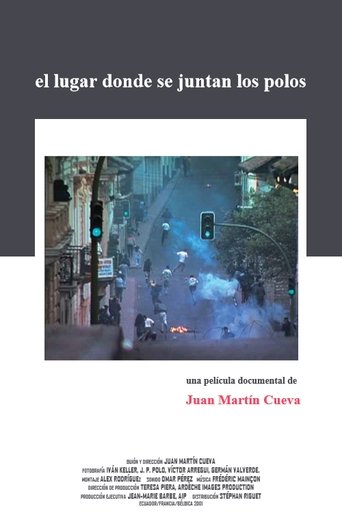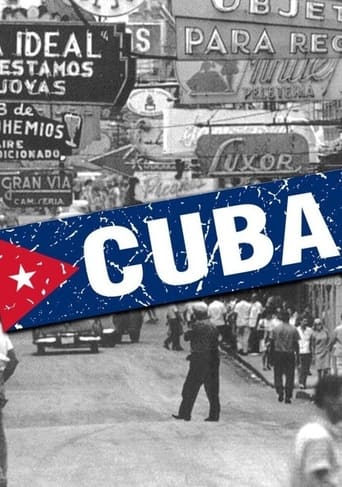El lugar donde se juntan los polos 2004
Juan, the film director, is Ecuadorian, his partner, Francisca, is Cuban. They live in Paris where their two children were born, just like Juan 30 years earlier. By switching back and forward from past to present, between the history of a family across 3 generations and that of a whole continent, the film director considers the issue of political commitment and the heritage left to the next generation in the form of a letter from a father to his children.


